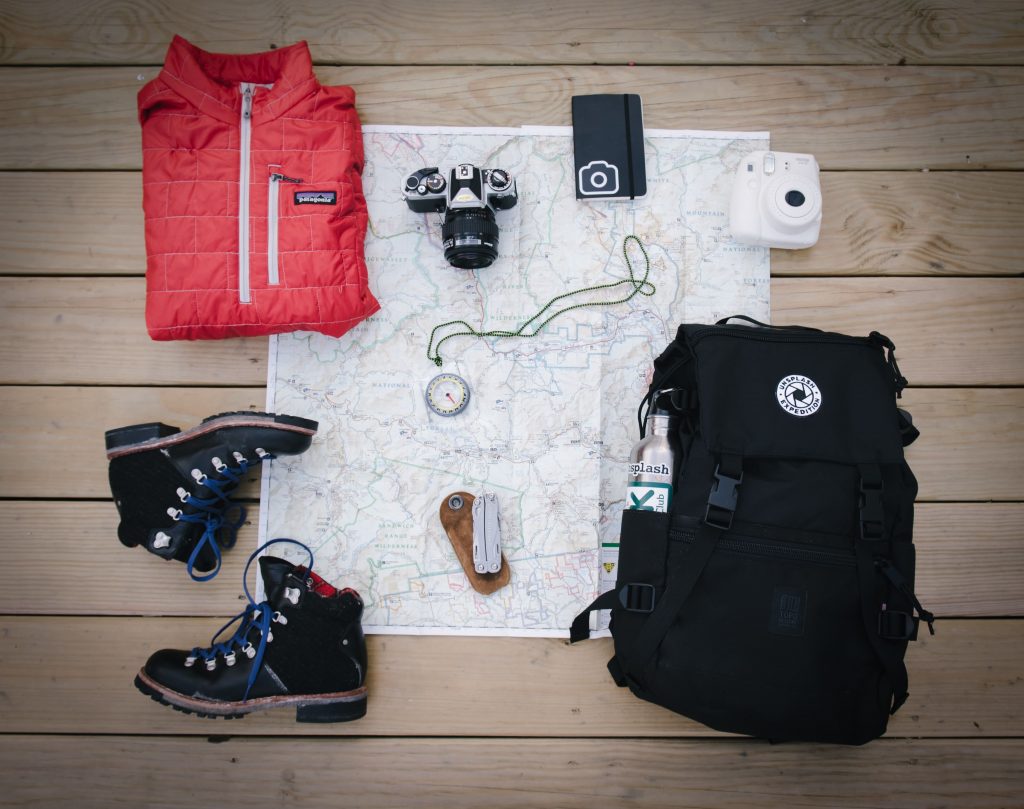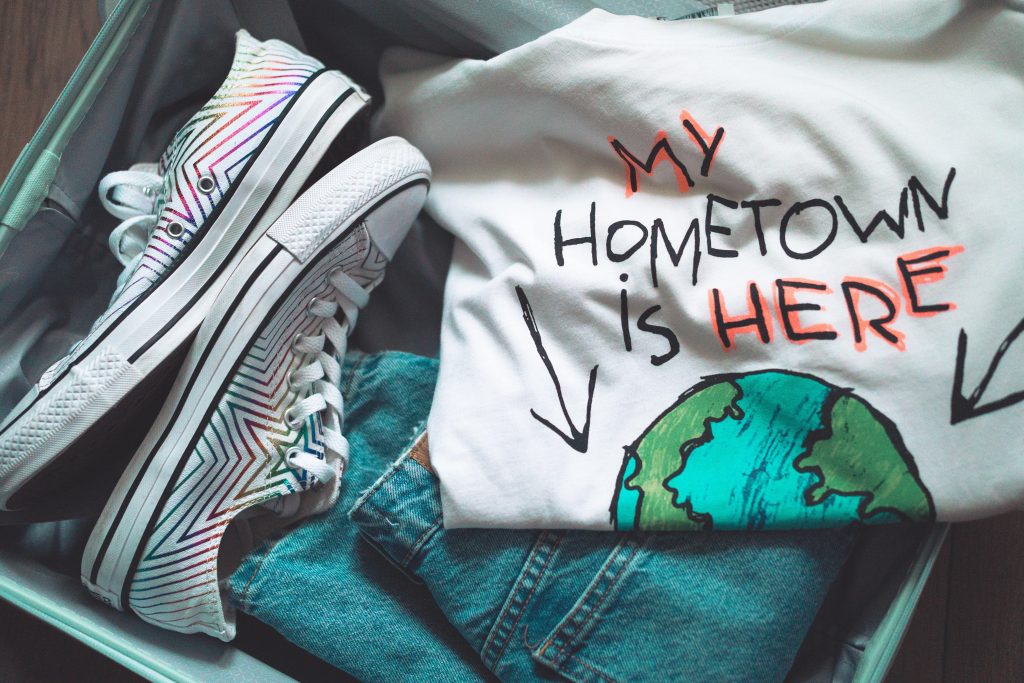Table of Contents
ToggleTravelling overseas may be a complex process with many moving pieces, whether you’re going abroad to pursue international studies at university or to start an exciting new profession. As a result, it is easy to get immersed in the intricacies of the relocation. But don’t be alarmed! Before bidding farewell to your current home, international students can use our moving pre-departure checklist to study abroad to help them decide what to bring to the university. If you divide your journey into a series of simple tasks using our study abroad checklist, you’ll have a considerably less stressful process.

An International Departure Checklist For Students
Making a checklist or a TO-DO list is essential. This will always aid you in staying organised and avoiding last-minute headaches! Take your time, think about it, and make a list of everything you need to bring. Make a checklist on paper and keep it ready at all times. After you’ve organised and packed everything, you may cross that task off your list. This way, you won’t forget anything important that you need to bring with you.
Find the lowest-cost student housing by clicking on the banner in this blog!
1. Important Documents For Your Pre-Departure Checklist
It is vital to have all of the necessary documentation with you before you depart. You may not be able to bring a pair of socks or any appliances, but you must bring originals and copies of important documents. Here’s a list of a few such documents you must include in your pre-departure checklist without fail –
- Acceptance Letter
- Application/Admission Letter
- Flight Tickets
- Student ID Card
- Payslips/Fee Receipts
- Financial documents – Bank statements, Salary slips, Other financial documents for showing proof of funds available during the course of your programme
- A rental agreement for your student accommodation abroad
- Academic documents, certificates, test scores from the mandatory standardized tests
- Vaccination certificate
- Medical certificates, reports, Health insurance, Travel Insurance
- Passport & Visa with photocopies
- Identification Documents
2. Crucial Electronic Gadgets
It takes time to figure out everything in a new setting. Do not bring too much cash with you since it may be misplaced, and the university cannot guarantee that your money will be safe. So, bring enough cash to cover all of your key costs for the first two weeks in a new location. You will undoubtedly require an international credit card, local money, a traveller’s cheque, and electronic devices. A laptop, charger, mobile phone, power bank, adapters, a camera with wires, pen drive, hard drives, Bluetooth, or MP3 player, if any, are examples of electronic devices.
3. Clothing
When it comes to apparel, it is always recommended to bring a variety of wardrobe options for your study abroad programme. Even though you will have a good sense of the weather, it is recommended that you bring half of your clothes and buy the rest there. Because the weather might change unexpectedly, don’t bring everything from home. Other essentials include thermal wear, sweaters, sets of towels, two weeks’ worth of lingerie, gym gear, formal wear, casual dress, nightwear, coats, boots, and other necessary clothing.

4. Toiletries
It is crucial to bring bathroom supplies that are required for your daily living in a new setting. Take extras of all the bathroom items you’ll need. Also, remember to include a stack of Ziploc bags to store your essential stuff in the long term.
Know More About Studying Abroad in the UK
5. Medicines & Prescriptions
Medicines are an essential element of your packing list. You should bring all medications that you might need in your daily life. Also, don’t forget to bring your prescriptions and prescription meds that you need on a daily basis. Take more medicine than you need so that you don’t run out while you look for a pharmacy in your area.
Also Read: January Intake Universities In The UK
6. Kitchen Essentials
Pack anything you believe you’ll need for cooking in another country’s kitchen. Take everything you think you’ll need to set up your kitchen, from the pressure cooker to the saucepans to the coffee cups.
7. Miscellaneous
Hangers, sunglasses, bed sheets, linens, kitchen towels, bath towels, sleeping bags, air pillows, passport-size pictures, journal, and stationery goods such as pencils, markers, and any other required items that you feel compelled to bring.
Some Handy Tips For You To Travel Stress-Free
When you leave your loved ones to study abroad, your stress levels are always high. There is frequently pressure on the curriculum you have selected at a given university and you may. The pre-departure jitters are experienced by all students studying abroad. Along with the travel checklist and the pre-departure checklist, here are some tips to help you go prepared and hassle-free!
- Book your flight tickets early in order to avoid the last-minute hassles of following the flight mandates. Early bookings are more affordable, hence more convenient and will give you the time to make your pre-departure checklist.
- Set up your visa appointment as early as you can since it is a step by step process and procuring the visa within the timeframe could be challenging.
- Cross-check your passport validity. It should ideally be more than 6 months after your entire course ends.
- Apart from the original documents, it is recommended to carry a few extra copies that could come in handy.
- Travelling without your insurance papers is frowned upon so make sure you have all your insurance-related documents in hand.
- Hone your local language skills in order to be able to communicate better
- Research about the new city you are about to settle in, in terms of the climate, neighbourhood, availability of student broadband, safety measures, food, laws, culture, & lifestyle so that you can go prepared.
Thank you for reading this blog on Making A Pre-Departure Checklist For Students. If you’d like to read more, here are some blogs that might be of interest to you –


















1 thought on “Top PGDM Courses In Canada: Universities & Eligibility”
I have done Bachelor’s in Culinary Arts from India and completed my graduation in the year 2022 .I am 22 years old. After graduation, I have done 1 year paid internship from USA .Now, I would like to take occupational experience and learn culinary skills and also do masters in Culinary arts.How can I find the college n best course / country where I can persue studying further